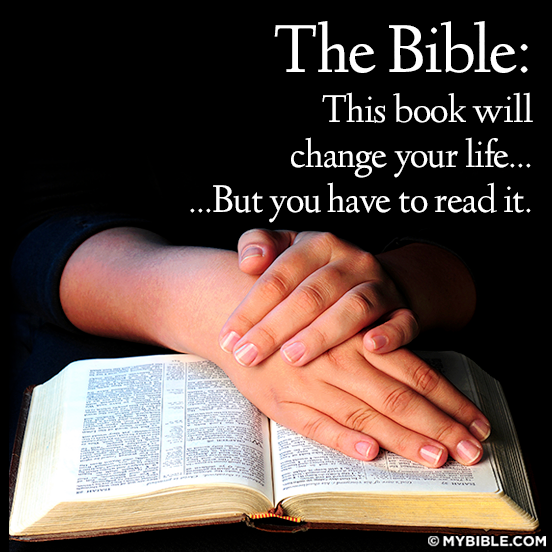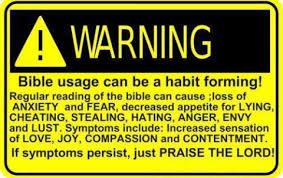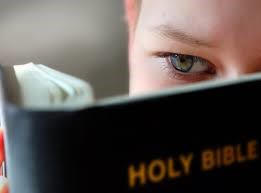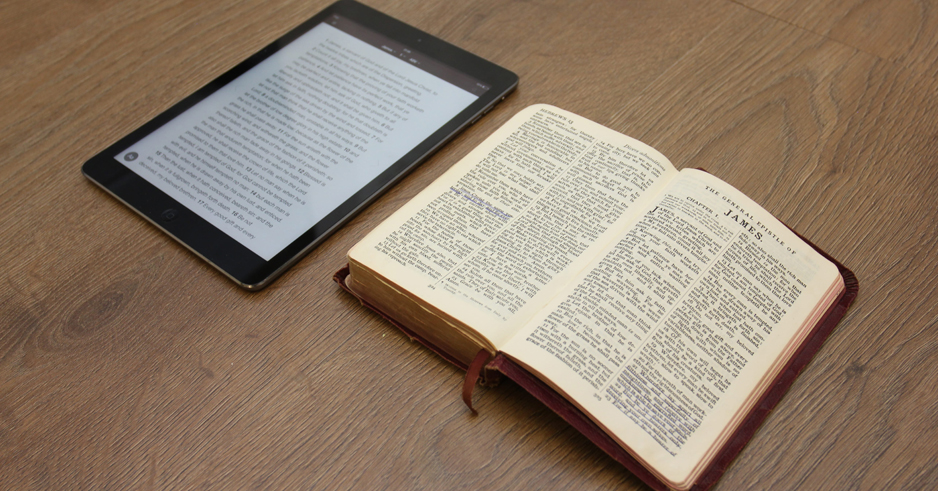Document: # of documents: Years since original:
Homer – Illiad 643 400
Herodotus-History 8 1350
Thucydides – History 8 1300
Plato 7 1300
Demosthenes 200 1400
Caesar – Gallic Wars 10 1000
Tacitus – Annals 20 1000
Pliny – History 7 750
New Testament in Greek 5700 50-225
New Testament in other
languages than Greek about 19000
The more documents that we have of a work, the more chance there is that there will be disagreement between the various copies. This is NOT true of the New Testament copies. They are about 99.5% in agreement. This can be said of no other ancient document.
The closer the time interval between the original & the earliest copy of a document, the more accurate the document tends to be. As you can see,the time interval for the New Testament is far less than the other ancient documents above.
It is apparent that the New Testament stands head-and-shoulders above all the other most authenticated ancient documents.
Even if we didn’t have any copies of the New Testament, we could virtually reconstruct it from the early church fathers quoting of it. Again, this can be said of no other ancient document in existence.

Regarding test#2, the internal test about contradictions and errors in it, this can be said about it..
Dr. Gleason Archer learned over 30 languages (most of them from the Middle Eastern ancient world), taught for over 30 years in the field of biblical criticism and earned a law degree (giving him a thorough grounding in the field of legal evidences) said this…
“I have dealt with one apparent discrepancy after another and have studies the alleged contradictions between the biblical record and the evidence of linguistics, archaeology and science, my confidence in the trustworthiness of Scripture has been repeatedly verified and strengthened…There is a good and sufficient answer in Scripture itself to refute every charge that has ever been leveled against it.” The allegations of errors are usually based on a failure to recognize basic principles of interpreting ancient literature.
Regarding test#3, the external evidence about other historical materials confirming or denying the biblical events or people…
There are many non-Christian writings that confirm New Testament history, such as
1..Tacitus, a Roman considered one of the accurate 1st century historian
2..Suetonius, chief secretary to Roman Emperor Hadrian
3..Josephus, a Jewish priest, general and historian who confirms many, many Bible people and events including stating that Jesus was the Messiah who rose from the dead.
4..Thallus, who talks about the “darkening of the skies” and an earthquake when Jesus was crucified.
5..Pliny the Younger, a Roman administrator
6..Trajan, a Roman Emperor
7..Jewish Talmud, saying Jesus was crucified at Passover
8..Lucian of Samosata, a Greek writer who was very critical of Jesus, His crucifixion and Christianity
9..Mara Bar-Serapion, a Syrian writer
10..The Gospel of Truth, a gnostic document that confirms that Jesus was a historical person
11..The Acts of Pontius Pilate, an apocryphal document describing Jesus crucifixion.
12..All of the gnostic, pseudepigraphon and apocryphal writings. Who would write about a person that didn’t exist?
13…the Dead Sea scrolls
There are also many Christian writings…
The many early church fathers who kept very detailed records, which can be verified by other ancient documents. Church fathers like Ignatius, Polycarp, Tatian, Clement of Rome, Irenaeus & Papias. Most of these early church fathers were martyred for their beliefs. Who would die for a lie, knowing it was a lie?

Regarding test#4, archaeological evidence…
Whole books are not large enough to contain all the archaeological finds that have bolstered confidence in the historical reliability of the Bible.
Nelson Glueck, the great, late 20th century archaeologist said “It may be categorically stated that no archaeological discovery has EVER controverted a biblical reference.”
W.F. Albright said “Discovery after discovery has established the accuracy of innumerable details, and has brought increased recognition to the value of the Bible as a source of history….Archaeological discoveries of the past generation in Egypt, Syria and Palestine have gone far to establish the uniqueness of early Christianity as an historical phenomenon.”
Sir William Ramsey said “Luke’s history is unsurpassed in respect to its trustworthiness.”
Roman historian A.N. Sherwin-White has said “For (the book of) Acts the confirmation of history is overwhelming…Any attempt to reject its basic historicity must now appear absurd.”
There have been so many archaeological discoveries that it would be too numerous to list here. Suffice it to say we have an embarrassment of the amount of proof. For a smattering of this archaeological proof, go to https://bsssb-llc.com/archaeological-confirmations-of-the-bible/
Please check out the referenced material below.
The same can be said about the Old Testament.
So if you believe anything about ancient history, like that Julius Caesar existed, etc., logically you have to believe the Bible.
All of these tests are to say that the Bible is the most historically accurate ancient book we have in our existence.
Book references:
“New Evidence That Demands a Verdict” by Josh McDowell
“Examine the Evidence” by Ralph O. Muncaster
“The Politically Incorrect Guide to the Bible” by Robert J. Hutchinson
“Baker Encyclopedia of Apologetics” by Norm Geisler
For His Kingdom,
Dave Maynard
https://bsssb-llc.com



